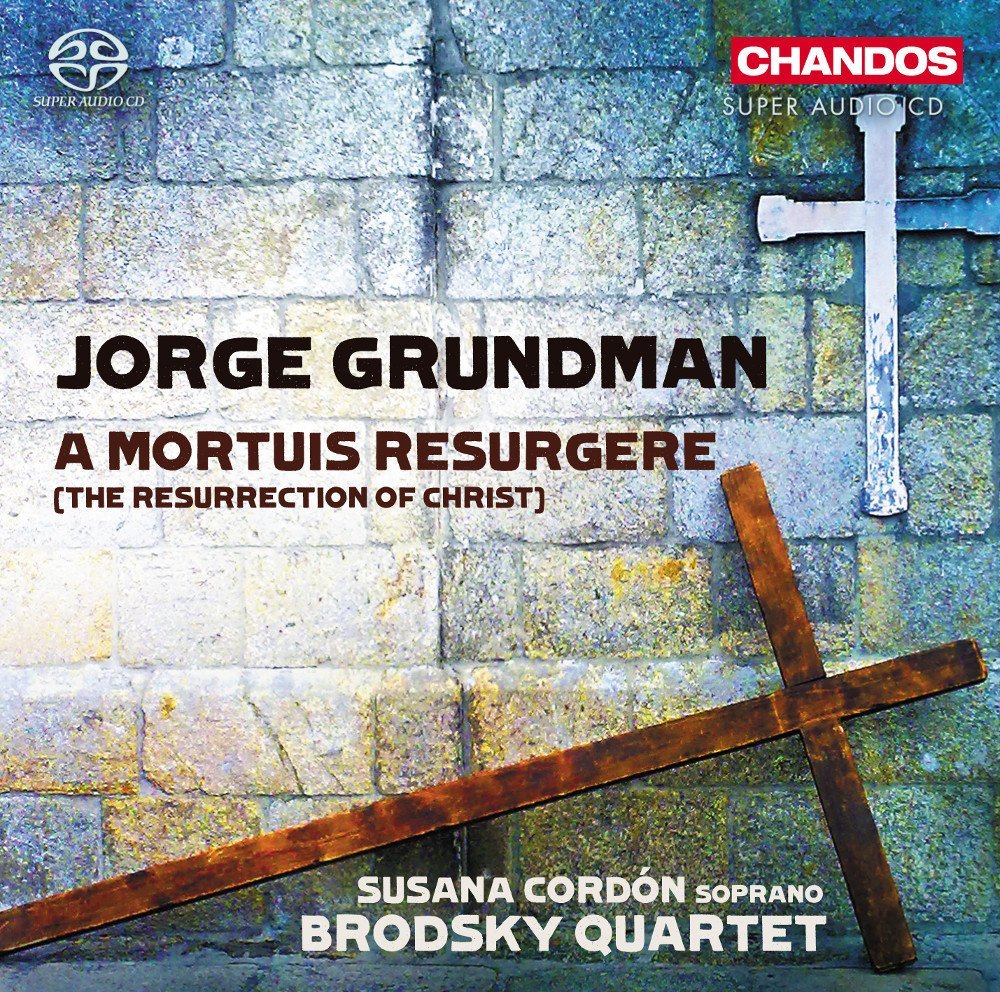Some things that spread like wildfire, like ebola and wildfire itself, are not good news at all. But performing Nielsen’s symphonies? That’s another matter entirely. In the next concert season, the BBC Symphony Orchestra and the Philharmonia both begin Nielsen symphony programmes, while the LSO several years ago cycled through one of their own with Sir Colin Davis. Yesterday, the BBC National Symphony of Wales and their current Danish conductor – will it ever be someone Welsh? – bit off one of the mightiest in the set, the battle-scarred Fifth, with its disruptive side-drum.

If you want an image that defines, for this writer at least, the essence of the Edinburgh Festival, it is the sight of Greyfriars Kirk full to capacity at 5.30 pm on a blustery Monday afternoon. At other times of year this sort of event might be hopefully billed as a “rush hour concert”, sparsely attended by commuters en route to the suburbs, but at festival time Edinburgh has a whole new demographic.
After the European Union Youth Orchestra hit unsurpassable heights last week, the Proms plateau of excellence remained available to another youth carnival of weird and wonderful 20th century monsters.

The levels of refinement now exhibited by the Hallé, the stylishness and elegance of the playing, define the special relationship that they and Mark Elder have cemented over the last decade and a half. The opening bars of Berlioz’s Le corsaire came off the page like a manifesto for French sensibilities with rapier-like strings parrying airborne woodwinds like the most flexible of swashbuckling foils. The whole overture was so light on breath and string as to be positively balletic.

On paper this was an interesting programme. The Edinburgh Festival traditionally opens with a major choral work, but while the international audience would probably be happy with endlessly recycled requiems and masses, festival directors have often felt obliged to venture into more challenging territory. So for last night’s opening concert the chorus had prominent roles in two separate works on either side of the interval: Scriabin’s Prometheus, The Poem of Fire, and Debussy’s Le Martyre de Saint Sébastien.
“That,” she said, “is what it must be like when you enter heaven.” And I knew just what my wife meant. The organ was in full regalia, revelling in the marshmallow glory of the chorale theme in Saint-Saëns’ Third Symphony, with the orchestra trumpeting behind. The Royal Albert Hall itself proved pretty impressive, even when the gentleman in the row in front spent most of Franck’s Symphonic Variations eating a tub of ice cream.


All kinds of narratives were at play in this Prom from the BBC Symphony Orchestra and its Principal Conductor Sakari Oramo - and perhaps the truly adventurous programmer might have double-deployed Rory Kinnear, dispassionately chronicling Stravinsky’s Oedipus rex, and taken us beyond the Overture and into the melodramas of Beethoven’s Incidental Music to Egmont.

A full day began and ended with Elgar the European, or rather the citizen of the world. After all, the Pomp and Circumstance March No.

The symphony – that structural pillar of classical music – found itself under siege last night at the Proms. Both Berio’s Sinfonia and Shostakovich’s Fourth Symphony assault and subvert, reshape and reimagine the genre, puncturing the Victorian smugness of the Royal Albert Hall with doubt.

